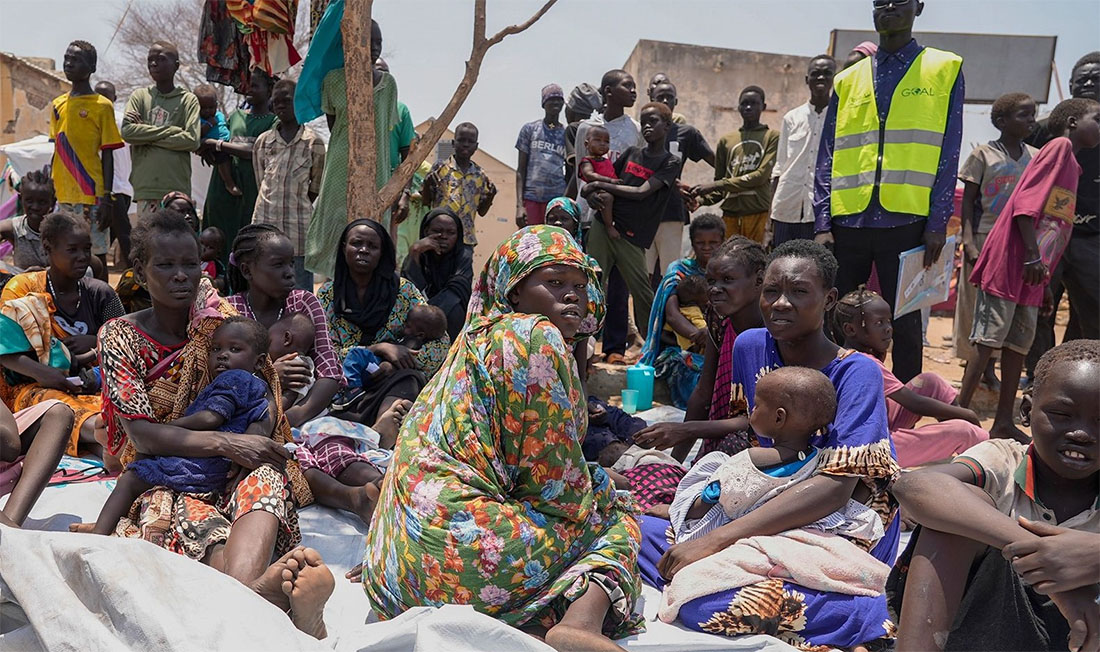
Photo Credit: Reuters
Sudan is facing a severe humanitarian crisis, with millions of children enduring hunger and malnutrition. This crisis is rooted in a combination of political instability, economic challenges, and natural disasters, which have disrupted food production and distribution. The situation has been exacerbated by ongoing conflicts, particularly in the Darfur region, leading to massive displacement and destruction of livelihoods. As a result, vulnerable populations, especially children, are bearing the brunt of the crisis.
The political turmoil in Sudan has significantly hindered effective governance and the implementation of policies aimed at alleviating hunger. Frequent changes in leadership and internal conflicts have created an unstable environment, making it difficult for humanitarian aid to reach those in need. The lack of a stable government has also led to poor infrastructure and inadequate public services, further compounding the crisis. Children, who are particularly dependent on these services for their health and development, are disproportionately affected.
Economic hardships have further strained the ability of families to provide for their children. Sudan's economy has been in a state of decline for years, plagued by inflation, unemployment, and a devalued currency. These economic challenges have reduced the purchasing power of households, making it increasingly difficult for them to afford basic necessities, including food. As a result, many families are forced to reduce meal sizes or skip meals altogether, directly impacting the nutritional status of children.
Natural disasters, such as floods and droughts, have also played a significant role in the food crisis. These events have disrupted agricultural activities, leading to poor harvests and food shortages. In rural areas, where agriculture is a primary source of livelihood, these disruptions have had devastating effects. The combination of environmental factors and ongoing conflict has created a perfect storm for widespread hunger and malnutrition among children.
Humanitarian organizations have been working tirelessly to address the crisis, but their efforts are often hampered by the challenging operating environment. Access to affected areas is frequently restricted due to insecurity, and there are significant logistical challenges in delivering aid. Despite these obstacles, these organizations continue to provide essential support, such as food assistance, medical care, and nutritional programs, to mitigate the impact of the crisis on children.
The international community has a crucial role to play in addressing the hunger crisis in Sudan. Increased funding and support for humanitarian efforts are essential to ensure that aid reaches those in need. Additionally, diplomatic efforts to stabilize the political situation and promote peace are vital for creating a conducive environment for long-term solutions. Sustainable development initiatives that focus on improving agriculture, infrastructure, and economic opportunities are also necessary to build resilience against future crises.
Ultimately, addressing the hunger crisis in Sudan requires a multifaceted approach that addresses both the immediate needs and the underlying causes of food insecurity. By prioritizing the well-being of children and ensuring they have access to adequate nutrition, healthcare, and education, Sudan can lay the foundation for a more stable and prosperous future. It is imperative that both national and international stakeholders work together to end this crisis and protect the lives and futures of millions of vulnerable children.

















